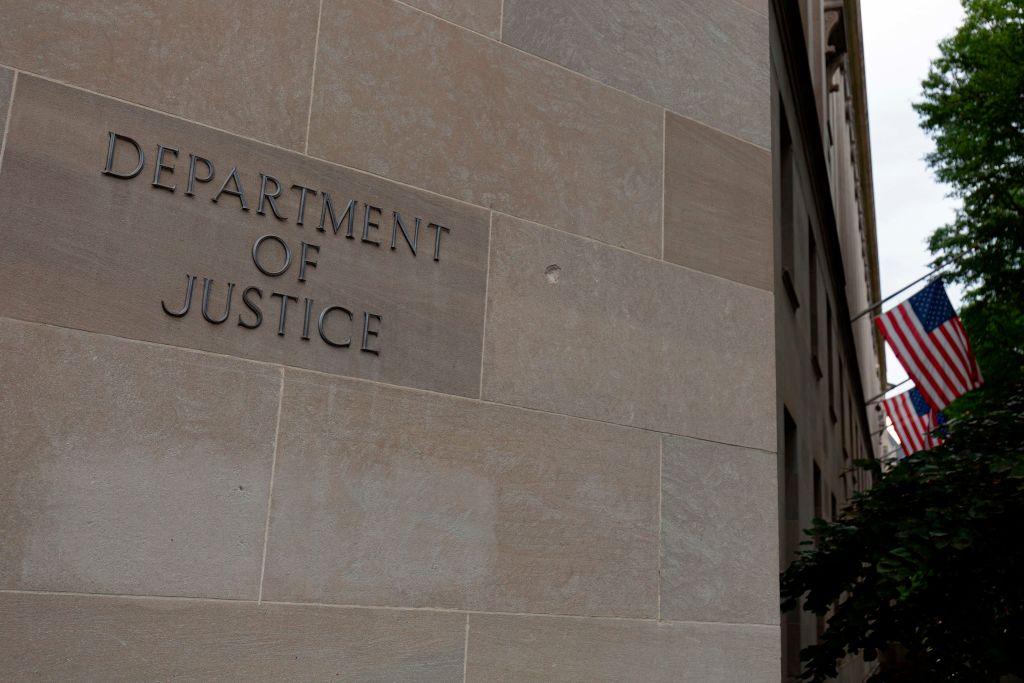An elaborate scheme to dupe U.S. tech giant Apple into exchanging authentic iPhones and iPads for fake ones has been uncovered, after a recent federal indictment against 14 individuals was unsealed.
The scheme was allegedly run by an international crime organization headed by three ringleaders who were brothers surnamed Liao—Zhiwei, 31; Zhimin, 33; and Zhiting, 30, according to a Nov. 13 press release from the U.S. Department of Justice. The three are all naturalized U.S. citizens born in China.





